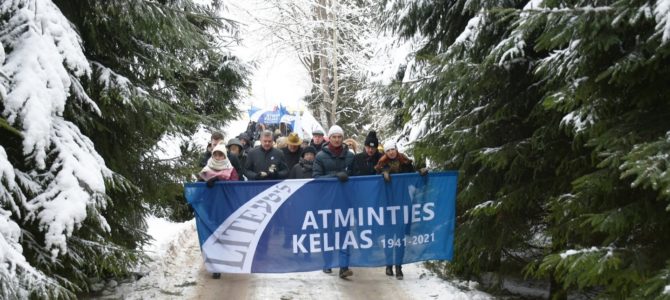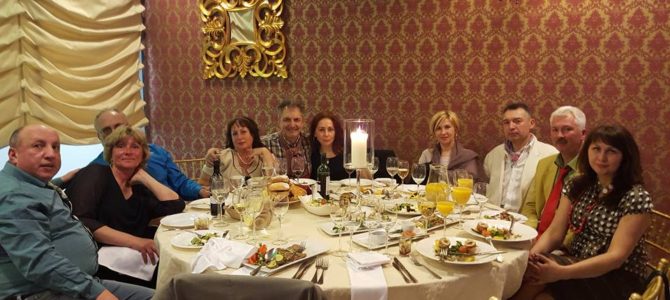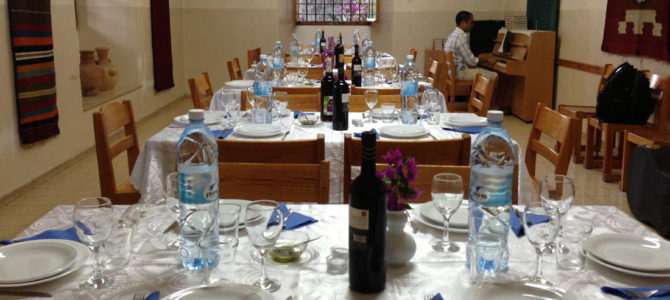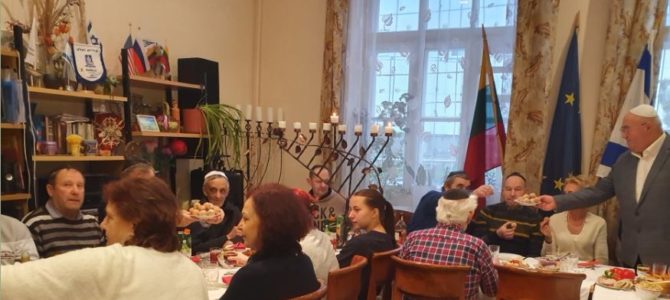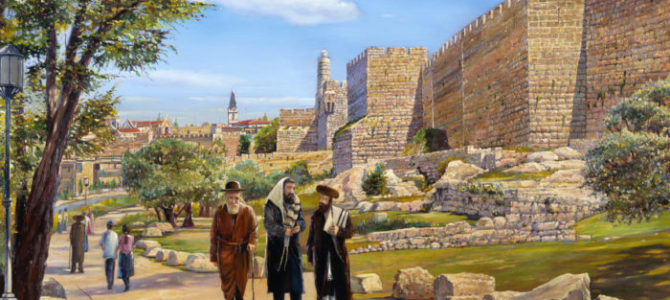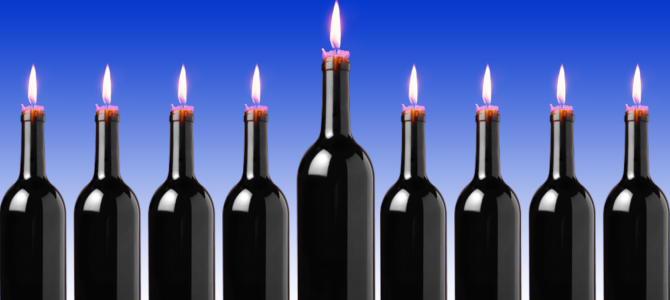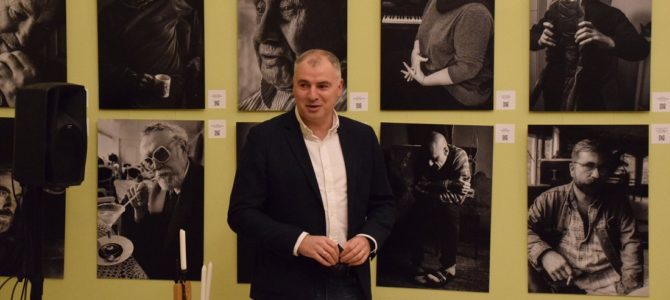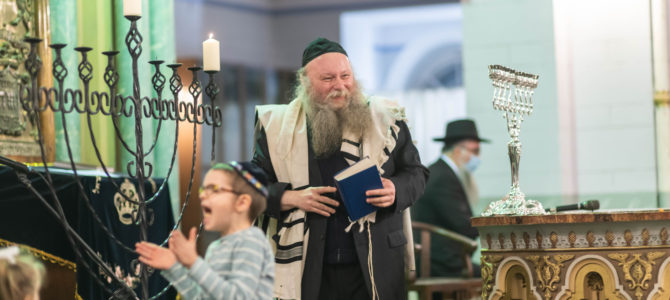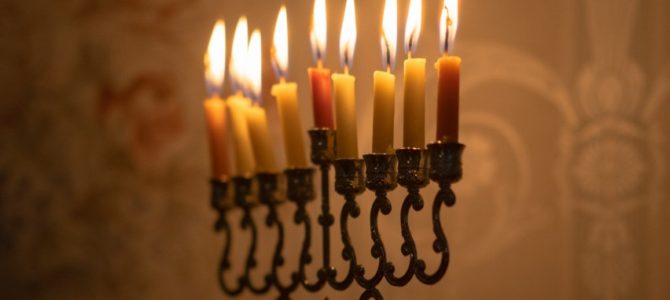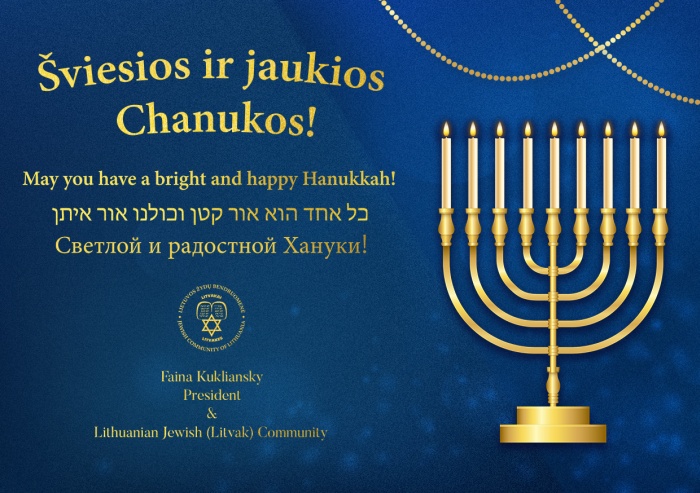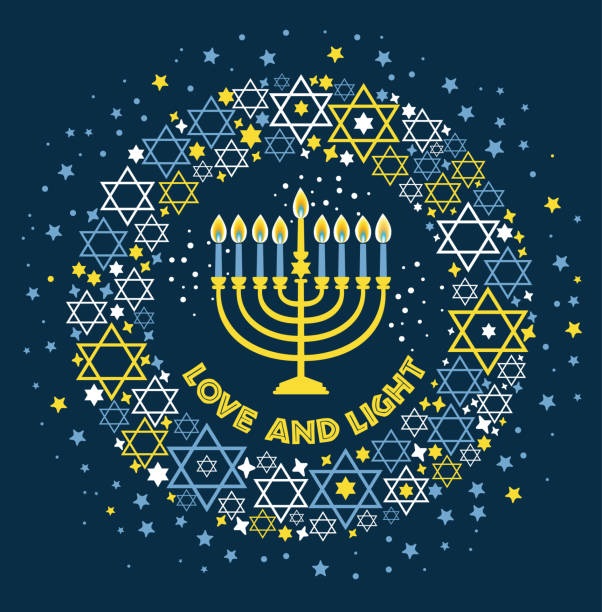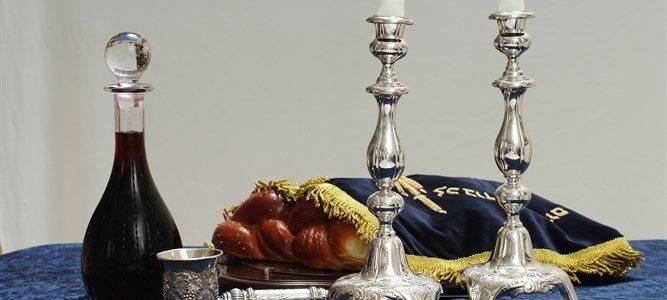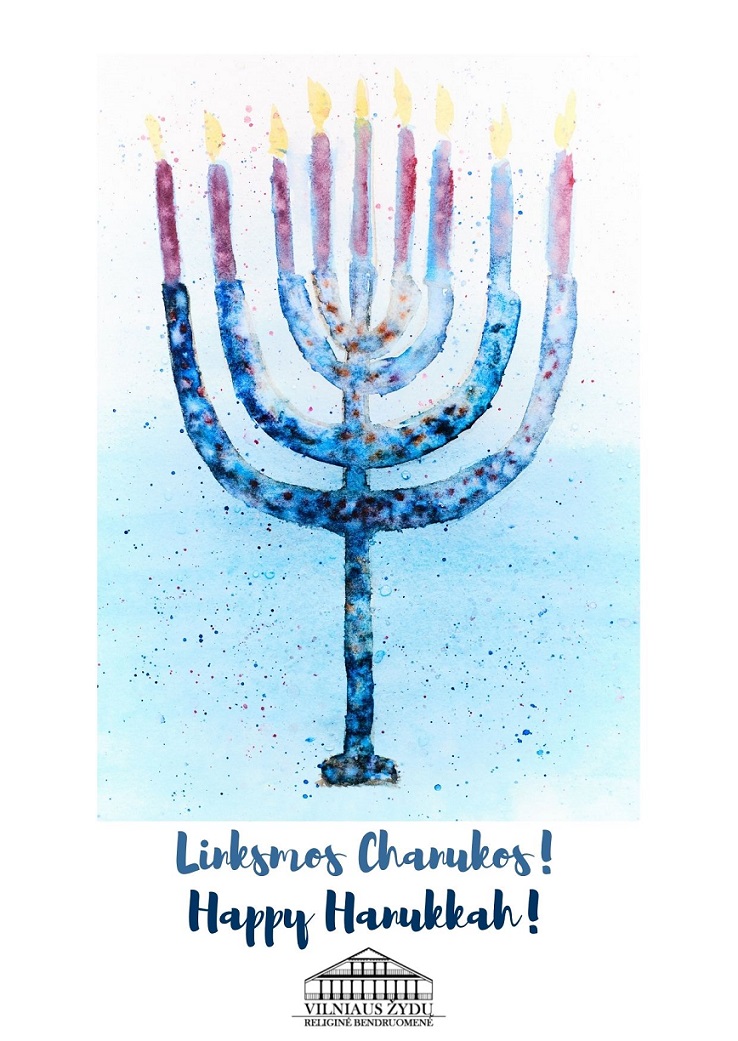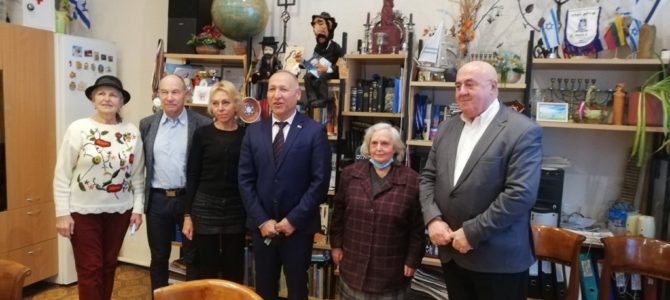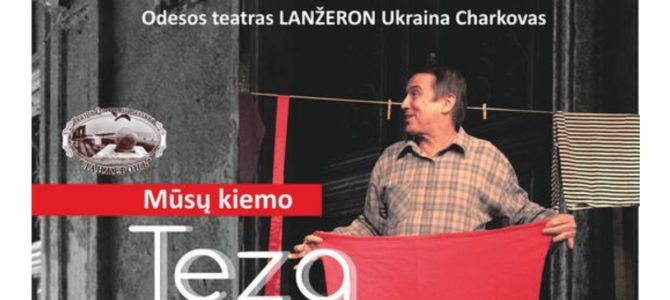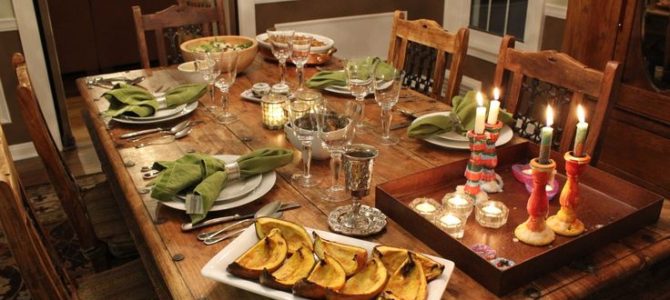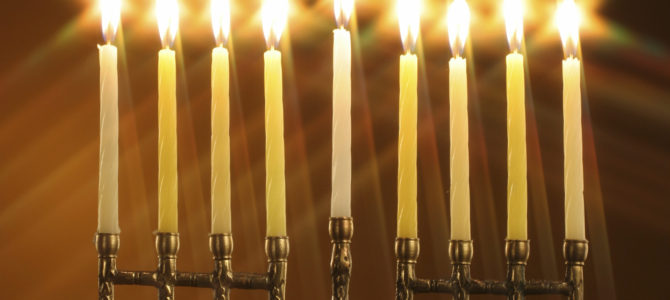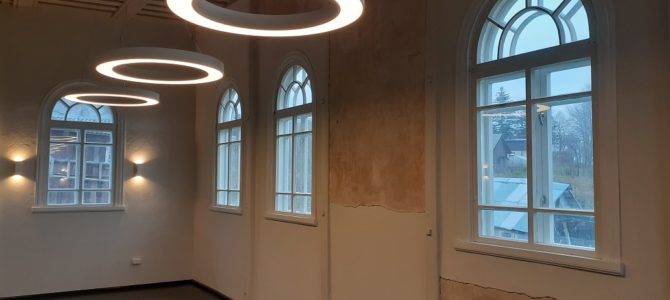Lithuania’s International Commission to Assess the Crimes of the Nazi and Soviet Occupational Regimes in Lithuania held their final Road of Memory event in the Lithuanian town of Telšiai on December 9. The Commission held these processions in concert with other organizations at different locations in Lithuania from June till now to mark the 80th anniversary of the beginning of the Holocaust. This final procession included local politicians, foreign ambassadors, students from local schools and others. Miša Jakobas performed kaddish, a number of speakers spoke indoors and out, and the musical group Klezmer Klangen Vilne performed.
